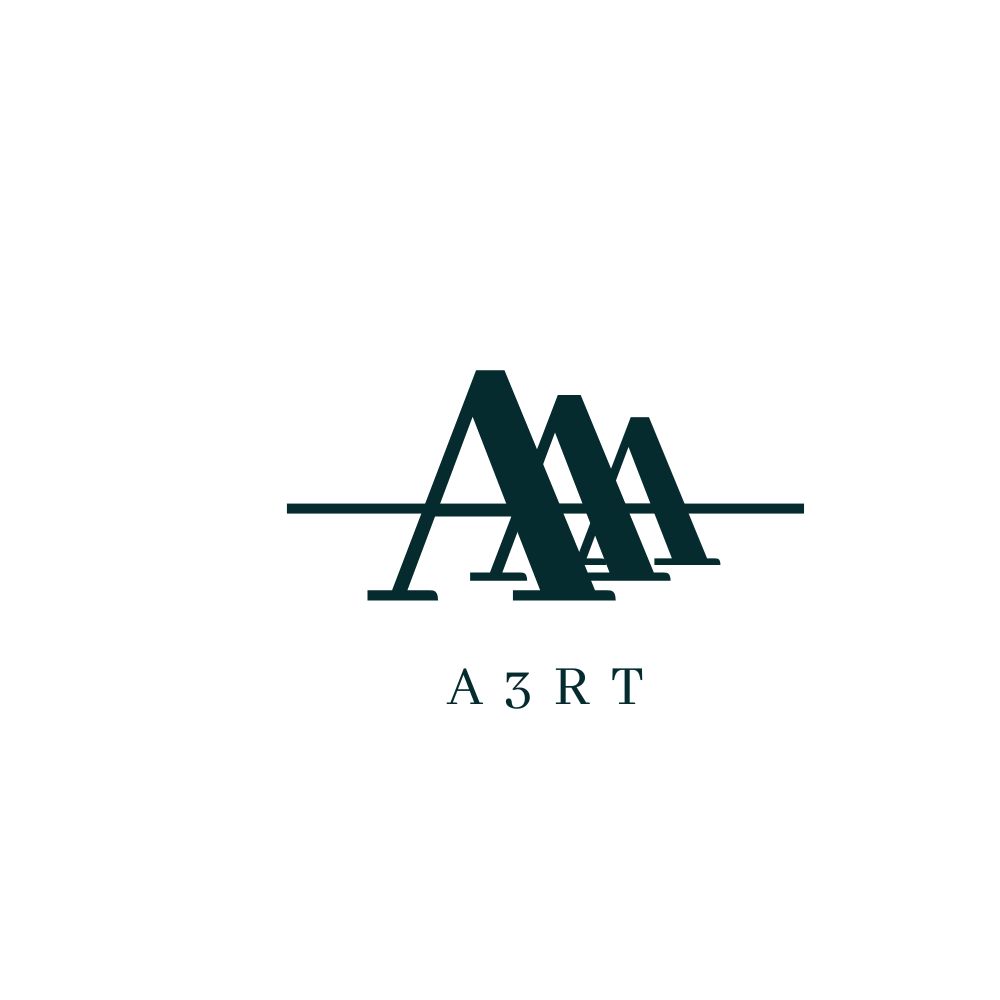Detailed Guide on the Unshell Directive and Updates in Belgium
By A3RT, Experts in Accounting and Taxation
The Unshell Directive, officially known as the Anti-Tax Avoidance Directive 3 (ATAD 3), is a significant European Union initiative aimed at combating the misuse of shell companies for tax purposes. This directive introduces stringent rules to ensure that entities within the EU exhibit genuine economic activity and do not merely exist to benefit from favorable tax regimes. This article provides a detailed overview of the Unshell Directive, its implications, and recent updates, particularly focusing on Belgium.
What is the Unshell Directive?
The Unshell Directive was proposed by the European Commission on December 22, 2021, as part of its broader tax policy agenda to reform corporate tax systems across the EU. The primary objective of the directive is to prevent entities that lack substantial economic activity, commonly referred to as “shell companies,” from exploiting tax benefits.
Key Elements of the Unshell Directive
- Gateway Tests: The directive uses three cumulative gateway tests to identify entities at risk of being considered shell companies:
- Revenue Test: More than 75% of the entity’s revenue in the past two years is passive income (e.g., dividends, interest).
- Cross-Border Activity Test: The entity mainly engages in cross-border activities.
- Management Test: The entity outsources its day-to-day management and decision-making functions.
- Minimum Substance Indicators: Entities that pass the gateway tests must report on three minimum substance indicators in their annual tax returns:
- Having own premises in the Member State.
- Possessing at least one active bank account in the EU.
- Having directors and employees who are tax residents in the Member State and possess the necessary qualifications for their roles.
- Reporting Obligations: Entities that do not meet the substance indicators must provide detailed reporting in their tax returns, which facilitates the identification of shell companies by tax authorities.
- Penalties: Non-compliance with the directive’s requirements can lead to significant penalties. The European Parliament proposed a minimum administrative penalty of at least 2.5% of the entity’s revenue for failing to comply with substance requirements, and at least 4% for false substance declarations.
- Exemptions: Certain undertakings, such as those owned by regulated financial entities or those with valid economic reasons, may be excluded from the directive’s scope.
Recent Updates and Implementation in Belgium
The Unshell Directive is expected to be transposed into national laws by EU Member States, including Belgium, by January 1, 2025. Here are some recent developments and updates:
- Timeline Adjustment: Initially, the directive was to be implemented by January 2024, but the timeline has been pushed back to January 2025 to allow more time for Member States to incorporate the rules into their national legislation.
- Legislative Progress: The directive has seen several amendments and debates in the European Parliament, with changes to the threshold criteria and penalties to ensure it is both effective and fair.
- Impact on Belgian Entities: In Belgium, the implementation of the Unshell Directive will require entities to reassess their structures to ensure compliance. Companies that do not meet the substance requirements will face additional reporting obligations and potential penalties.
- Cross-Border Considerations: The directive also addresses cross-border tax issues, ensuring that entities operating across different EU Member States meet the necessary substance criteria to avoid being classified as shell companies.
Risks and Consequences for Non-Compliant Companies
Non-compliance with the Unshell Directive can have significant consequences for companies, particularly regarding the benefits of tax treaties:
- Loss of Tax Treaty Benefits: Companies deemed to be without substantial economic activity (shell companies) will lose the benefits of double taxation treaties and EU directives. This means they cannot benefit from reduced withholding tax rates on dividends, interest, and royalties. The loss of these benefits can lead to higher overall tax liabilities.
- Increased Tax Burden: Without the benefits of tax treaties, companies may face increased withholding taxes on cross-border payments, leading to a higher effective tax rate. This can reduce the overall profitability of the company and make it less competitive.
- Reputational Damage: Being classified as a shell company can damage a company’s reputation, affecting its relationships with investors, clients, and regulatory authorities. This can lead to a loss of business opportunities and trust in the marketplace.
- Administrative Penalties: Non-compliant companies may face administrative penalties, including fines. As proposed, the minimum penalty for failing to comply with substance requirements is at least 2.5% of the entity’s revenue, and at least 4% for false declarations (Deloitte, 2024).
- Increased Scrutiny: Companies failing to meet the substance requirements will be subject to increased scrutiny from tax authorities, leading to more frequent audits and investigations. This can result in additional administrative burdens and costs for the company.
Practical Implications for Belgian Companies
Belgian companies, especially those engaged in cross-border transactions or those with significant passive income, need to prepare for the directive by:
- Conducting Substance Assessments: Evaluating current structures to ensure they meet the minimum substance indicators.
- Enhancing Compliance: Implementing measures to increase economic substance, such as maintaining physical offices and ensuring qualified local management.
- Reviewing Reporting Processes: Updating tax reporting processes to include the required information under the Unshell Directive.
Conclusion
The Unshell Directive represents a major step towards curbing tax avoidance through shell companies in the EU. Belgian companies must proactively prepare to comply with the new rules to avoid penalties and ensure their structures are aligned with the directive’s requirements. At A3RT, we provide expert advice and support to help businesses navigate these changes effectively.
